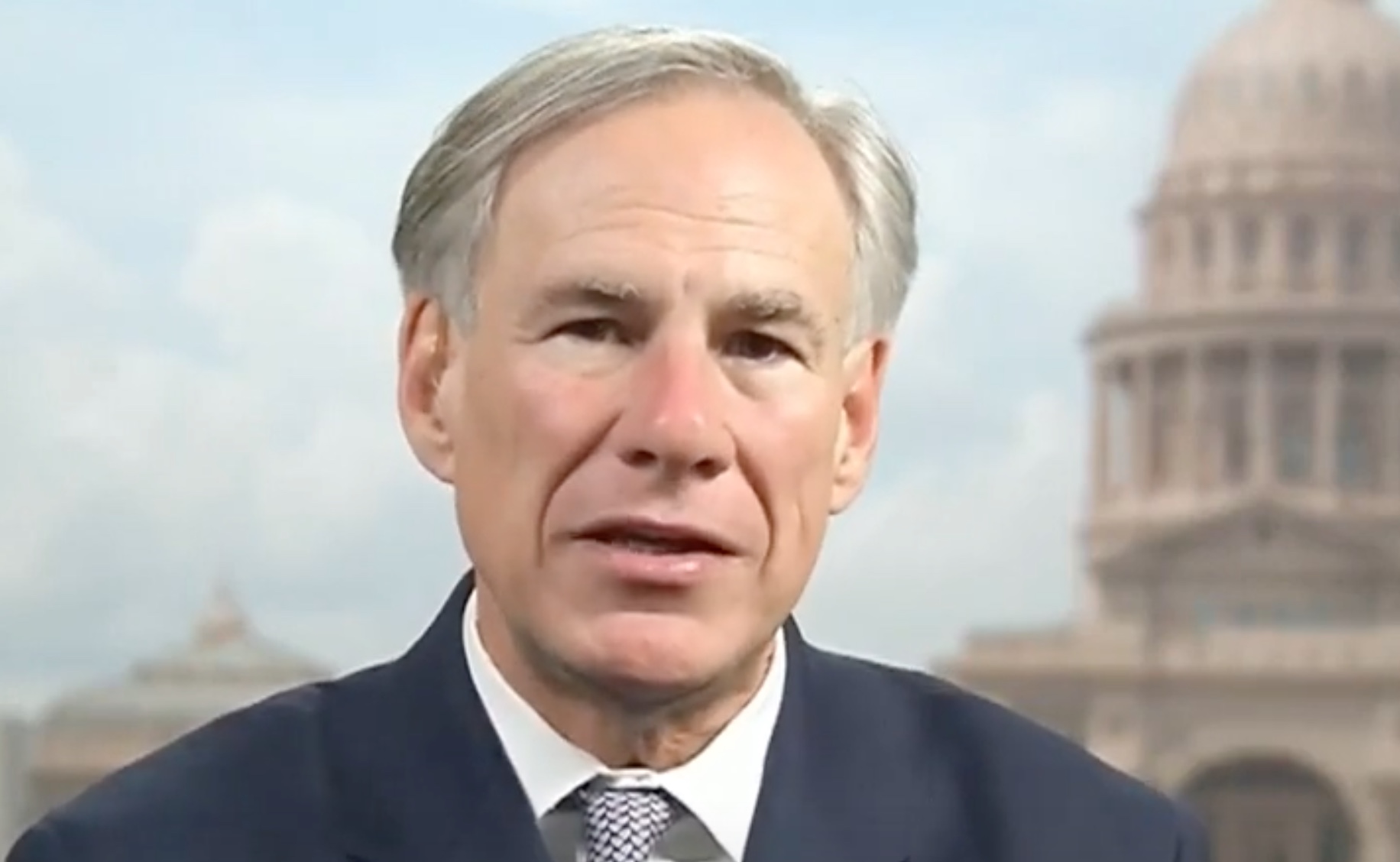
Texas Governor Greg Abbott refuses to support a pandemic agreement proposed by the WHO and signed by President Biden, citing sovereignty concerns. The proposed accord aimed at preventing future pandemics has faced criticism, with conservatives warning of threats to national sovereignty and freedom of expression.

Abbott’s resistance to federal directives on this issue has escalated tensions between Texas and the federal government.

His previous declarations include plans for Texas National Guard troops and law enforcement to continue fortifying the state’s border with Mexico, despite federal opposition, as well as instructing Texan universities to overlook a Biden administration directive related to Title IX, which encompasses protections against discrimination based on gender, including for transgender students.

Governor Greg Abbott expressed strong opposition to the proposed “Pandemic Agreement” between the World Health Organization (WHO) and the United States. Abbott emphasized that he rejects this agreement, asserting that it undermines the sovereignty of both the United States and the state of Texas. Firmly stating that Texas will not adhere to it, Abbott reiterated his stance.

Additionally, Abbott shared an article from the news outlet My Hometown Today, which highlighted a coalition of 24 Republican governors, including himself, who jointly signed an open letter in protest against the new WHO pandemic accord.

The governors argued that the agreement poses a threat to national sovereignty by potentially establishing a global surveillance network and granting excessive authority to the WHO, elevating it to a global health governance position rather than solely an advisory body.

The governors raised concerns that such an accord could diminish state sovereignty by allowing the WHO Director-General to dictate responses to international public health emergencies, undermining the role of elected officials in shaping public health policies and potentially compelling citizens to comply with WHO directives, including mandates on medical treatments.

A spokesperson for the World Health Organization (WHO) declined to provide a response to individual remarks regarding its initiatives, noting that the proposed “Pandemic Act” was initiated, spearheaded, and will ultimately be determined by the organization’s member states.

In an attempt to gather Abbott’s perspective on the matter, Newsweek reached out to the governor’s office for comments outside of regular working hours on Thursday.

The coalition of global leaders advocated for the implementation of a new “Pandemic Act” as a means to secure a better future for all.

In a unified statement, leaders emphasized the necessity of a robust global agreement on pandemics to shield future generations from the kind of devastation witnessed during the COVID-19 crisis.

This crisis resulted in numerous fatalities and widespread social and economic turmoil, largely due to inadequate international cooperation.

